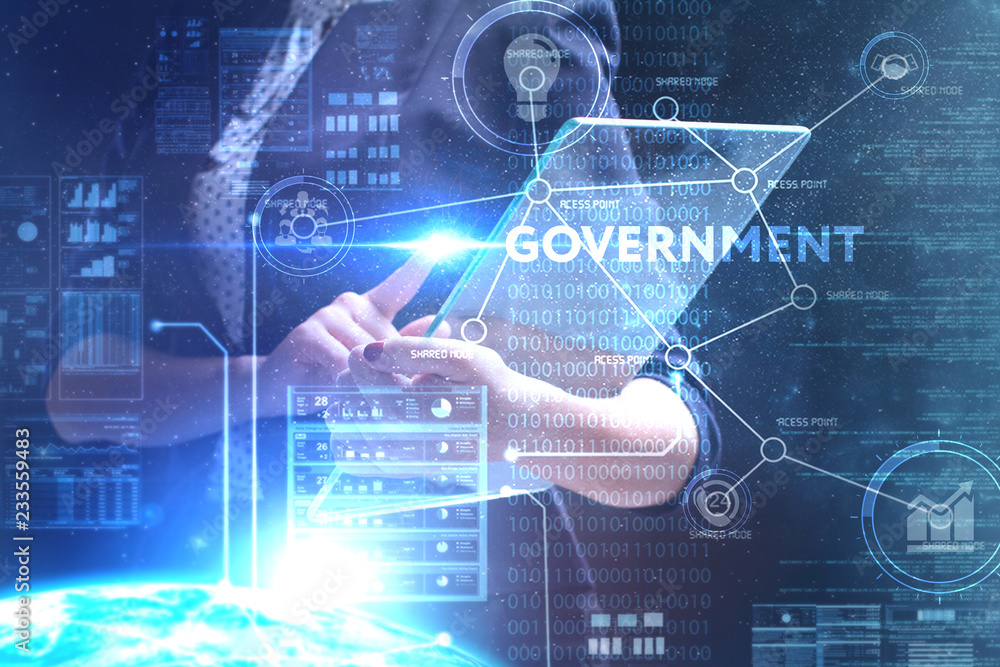As technology continues to advance, it has become increasingly clear that artificial intelligence (AI) and big data have the potential to revolutionize the way governments operate. By harnessing the power of these technologies, governments can improve their efficiency, decision-making abilities, and overall effectiveness in serving their citizens.
Discover the Game-Changing Power of AI and Big Data: Revolutionizing the Governmental Sector for Greater Efficiency and Better Citizen Services!
One of the major benefits of AI and big data in the governmental sector is the ability to gather and
analyze vast amounts of information in real time. With the help of advanced algorithms and machine
learning, governments can quickly identify patterns and trends in data, which can then be used to
inform policymaking and improve public services.
For example, AI-powered data analytics can help governments track and monitor public health trends,
allowing them to quickly respond to outbreaks of diseases and other health emergencies. Similarly,
big data can be used to track and analyze crime statistics, allowing law enforcement agencies to
better allocate resources and prevent crime.

Citizen Engagement in the Digital Age: How AI and Big Data Can Help Governments Listen
AI and big data have the potential to greatly improve citizen engagement and participation in government. With the ability to analyze social media and other online platforms, governments can gain valuable insights into citizen sentiment and feedback. This information can be used to inform policy decisions and improve public services, ensuring that they better meet the needs and expectations of citizens. By utilizing these technologies to better understand and respond to citizen feedback, governments can increase transparency and build trust with their communities. Ultimately, this can lead to a more engaged and participatory citizenry, driving positive change and progress.
Chatbots and Virtual Assistants: The Future of Governmental Customer Support
Additionally, AI-powered chatbots and virtual assistants can help governments provide better
customer
service and support to citizens. These tools can be used to answer frequently asked questions,
provide
information about public services, and even assist citizens in completing forms and applications.
Chatbots and virtual assistants are quickly becoming the future of governmental customer support.
These
AI-powered tools can save time and resources by handling routine inquiries and providing quick and
easy
access to information about public services. Citizens can use chatbots and virtual assistants to ask
questions, receive instant answers, and even complete forms and applications. With their ability to
operate 24/7, chatbots and virtual assistants can provide round-the-clock support, freeing up
government
employees to focus on more complex tasks. As these technologies continue to improve, they have the
potential to revolutionize the way governments interact with their citizens, providing faster, more
efficient, and more personalized customer support.
Of course, the use of AI and big data in the governmental sector also raises concerns about privacy
and
security. It is important for governments to ensure that any data they collect is used in a
responsible
and ethical manner and that citizens' privacy rights are protected.
In conclusion, the potential benefits of AI and big data in the governmental sector are vast and
varied.
From improving public services and decision-making to enhancing citizen engagement and
participation,
these technologies have the power to transform the way governments operate. As such, it is important
for
governments to continue exploring and investing in these technologies, while ensuring that they are
used
responsibly and ethically.

